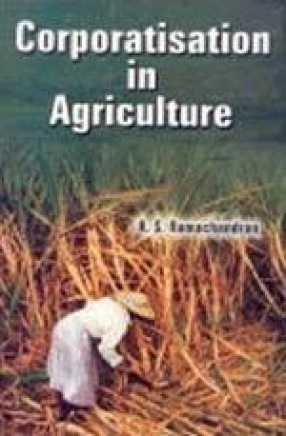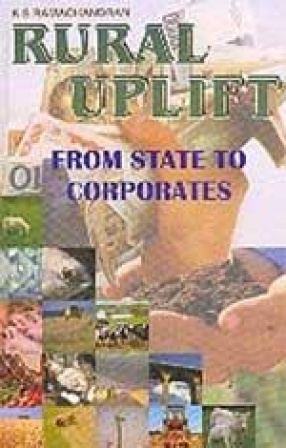Corporatisation in Agriculture
Synopsis
In agriculture, the dictates of vote bank policies have reduced to a mockery the whole lot of catalysts. In the farm economy, the various agencies entrusted with the role of catalysts were also required to regulate, police and carry out corrections. Those who provided credit, for instance, necessarily had to check whether the money lent was productively utilized and also see to it that credit was so deployed as to facilitate easy recovery. The quality of rural credit has not changed for the better in the intervening period, which is not saying much for the efficiency level of farmers as much as that of the various institutions associated with rural development. Clearly, an effort has to be made to phase out vote bank politics and to delink electoral compulsions from matters of rural development. Without this, it is going to be extremely difficult to subject farming to the basic commercial norms of management. Sooner than later, irrigation facilities, electricity and diesel should be made available to farmers only at cost-plus prices. Various farm produce, however, should be offered for sale on consumer-friendly terms. This would demand a high level of farm efficiency, especially when the state ceases to be the assured buyer in respect of Foodgrains and the industrial users of cash crops are freed from the longstanding rigours of discretionary and grower-friendly price fixation as in the case of cotton, sugarcane, oilseeds and natural rubber. As long as politics determines the farm economics, agriculture will remain populist driven, and competitive growing of various crops will remain a pipe dream. Corporates, if they are really professional and mean to run the farms on a truly cost and quality competitive basis, should refuse to draw on the natural benefits of vote bank politics. They must be prepared to pay a commercial return to those supplying the various inputs. By doing so, they must put pressure on the suppliers (which, effectively are propped up by the government) to leave the populism of the present in favour of the commercial demands of the emerging future.
Read more
27.00
24.3
$
30.00 $
Free delivery Wolrdwidе in 10-18 days
Ships in 1-2 days from New Delhi
Membership for 1 Year $35.00
Get it now and save 10%
Get it now and save 10%
BECOME A MEMBER











Bibliographic information